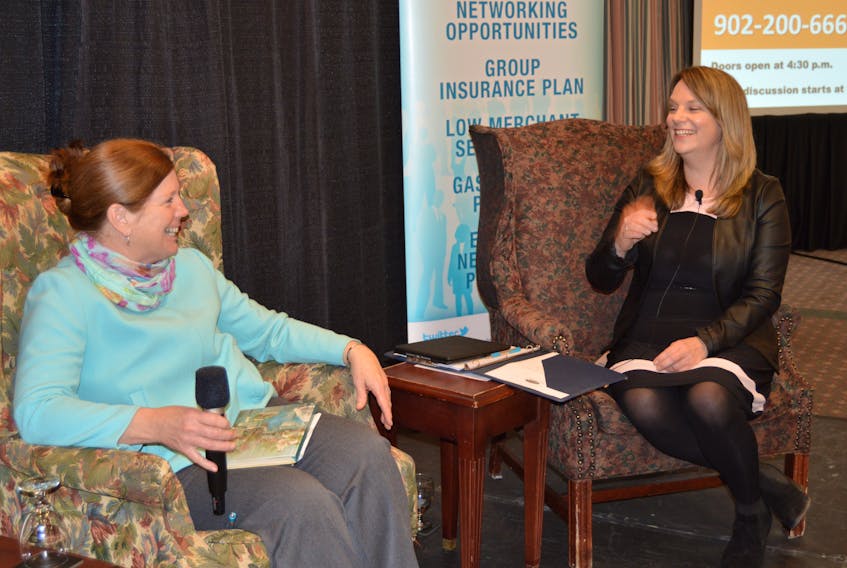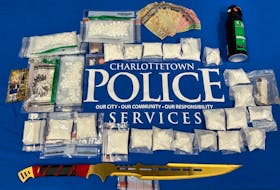More work needs to be done in the P.E.I. education system on making students functionally literate and numerate, says an education policy researcher.
Paul Bennett was one of three panelists who participated in the Greater Charlottetown Area Chamber of Commerce’s “Let’s Talk K-12 Education’’ event on Thursday.
The purpose of the panel discussion was to challenge the status quo of P.E.I.’s education system.
Bennett said students need to be able to function “when the computers go down’’ and they have to think critically about something.
Tess Miller, associate professor with UPEI’s faculty of education, said P.E.I. is making strides when it comes to literacy and numeracy, explaining that coaches have been hired to take students out of the classroom to identify gaps in learning.
However, Miller also spoke about the fact that students sometimes lack basic fundamental skills, such as understanding the decimal.
She also called for an end “social promotion’’ in schools, which caused many in the audience to applaud. Social promotion is the practice of promoting a student to the next grade after the current school year, regardless of whether they didn’t learn the necessary materials or they are often absent, in order to keep them with their peers.
Miller suggested sending these students to summer school in an effort to keep up.
“That’s just not OK, so how do we address that kind of number? That starts way back in kindergarten to Grade 12. This is something we have to resolve in a proper model of education.’’
-Rory Francis
It’s not all doom and gloom, however.
In addition to numeracy and literacy coaches, Miller is happy to see the introduction of play-based learning curriculum in kindergartens. She also applauded the professionalism of teachers Islandwide.
Amber Jadis, another panelist and one who has been involved in the First Nation community of Scotchfort for 18 years, said it’s good to see Indigenous content finally being introduced into the curriculum. Jadis, who also runs the Bricks 4 Kidz franchise, also applauds mental health supports in schools and having WiFi in schools.
Bennett said he’s happy to see the integration of kindergarten into the school system and the introduction of provincial student assessments.
The chamber made a presentation to the Standing Committee on Education in 2014 after its members started identifying concerns.
“A number of members flagged to us some of the challenges they were seeing,’’ said Rory Francis, president of the chamber. “(They were) seeing a lack of competency in areas that they expected a higher level of capability, particularly in math, science, communication skills and so on. That got us to thinking about our current state of affairs . . . something they think is important to the future of our economy.’’
Francis said there is no “silver bullet’’ answer, that it will take the entire community – business leaders, teachers and parents, to help solve the challenges.
Illiteracy rates on Prince Edward Island are over 30 per cent, he added.
“So that means a third of our population is not able to fully engage in the community, whether we’re talking about participation in the workforce, leading businesses (or) contributing to the community,’’ Francis said.
“That’s just not OK, so how do we address that kind of number? That starts way back in kindergarten to Grade 12. This is something we have to resolve in a proper model of education.’’









